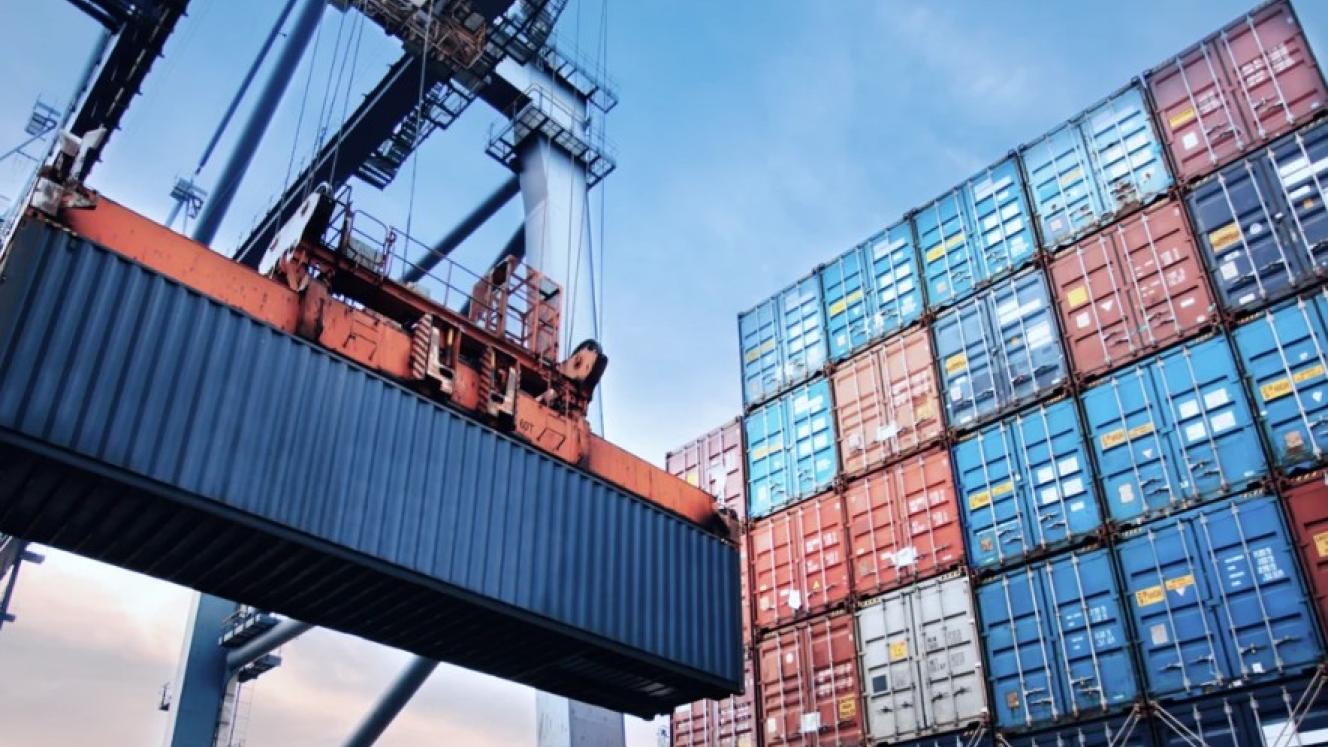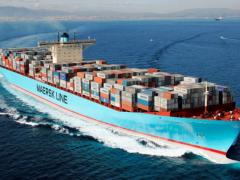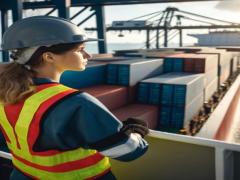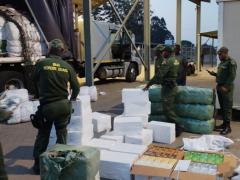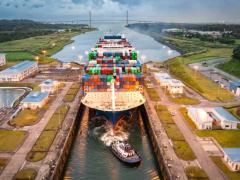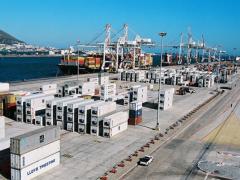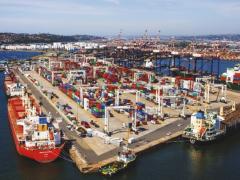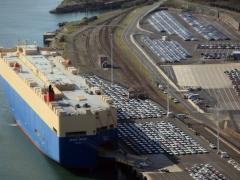LAST WEEK’S shipping delays at the port of Cape Town sent a clear message on the crucial importance of adequate risk management in the face of circumstances beyond shippers’ control. The port of Cape Town was closed to all incoming and outgoing seagoing traffic on Thursday (January 17) when howling winds caused the container ship, Lars Maersk, already delayed for more than 154 hours, to start dragging her anchors off the Sea Point promenade and preventing Safmarine Illovo from leaving her berth. Updating FTW on the high drama, Michael Powels, acting planning manager at the Cape Town container terminal, said the plan had been to bring the Lars Maersk in at 18:00, in order to start working her at 10:00 the next morning (Friday). However, a fierce wind, blowing at speeds in excess of 100km/h, sprung up at 17:00, preventing the Maersk Line vessel from docking, halting all crane and quayside operations and forcing closure of the port. A further attempt to bring the vessel in during the early hours of Friday had to be aborted. Powels added all the reefers destined for the Lars Maersk had arrived and that the vessel would now be taking 1 045 containers rather than the original 800-odd. Lars Maersk had been awaiting a consignment of fruit, not all of it having arrived at the port. Powels says one of the biggest challenges currently facing the terminal is handling vessels in windy conditions. Although this past November and December were bad wind months, stoppages of 72.5 hours and 75.3 hours respectively, wind has thus far accounted for stoppages of 73.9 hours this month.
